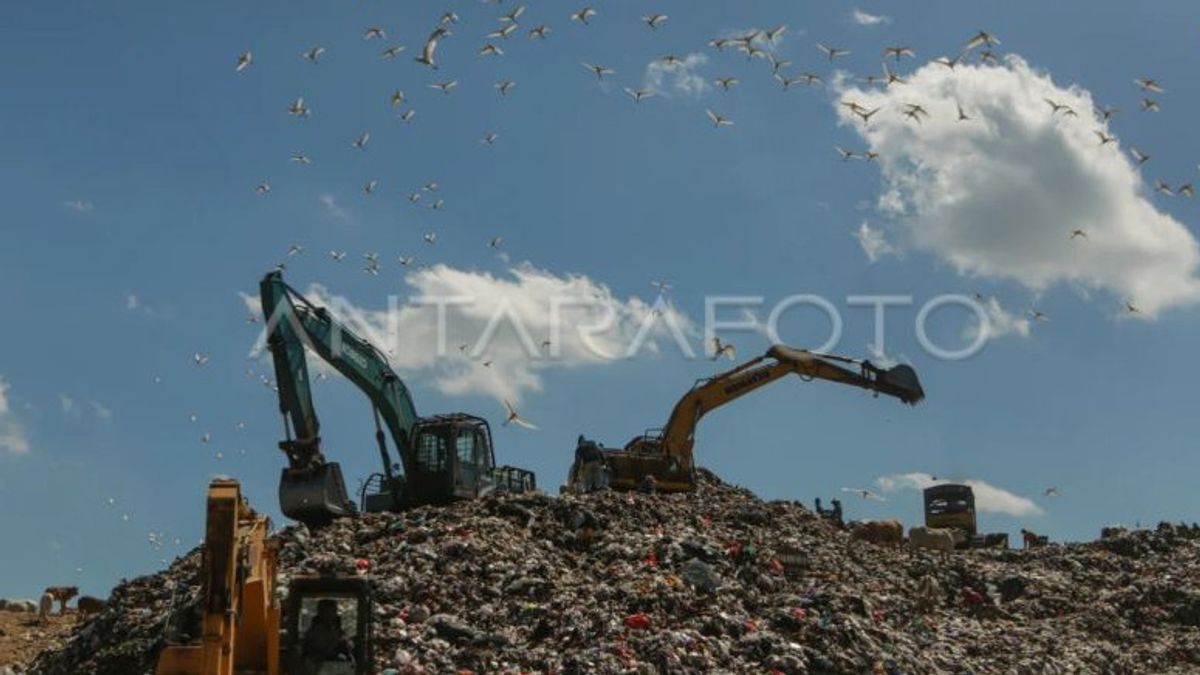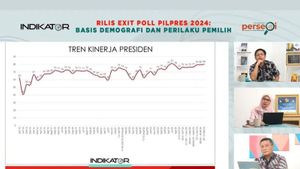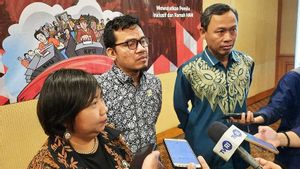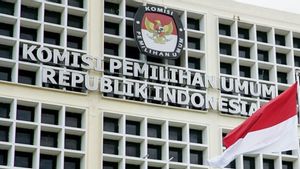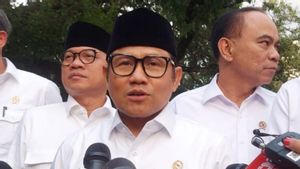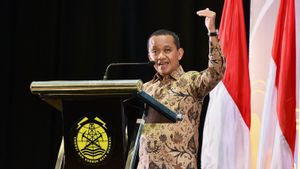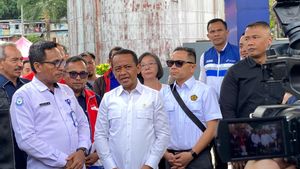YOGYAKARTA - Yogyakarta City received a budget allocation from the DIY Special Fund (DANAis) of Rp. 100 million per kelurahan for organic waste processing activities.
"The funds are used to increase the reduction of organic waste," said Head of the Yogyakarta City Environment Agency (DLH) Sugeng Darmanto at the commemoration of the 2024 National Waste Care Day (HPSN) at Embung Langensari, Yogyakarta, as reported by ANTARA, Wednesday, February 21.
In the HPSN commemoration, the Yogyakarta City Government launched an organic waste processing movement from home entitled "Jogja Organization, Omah Seko Waste Process" to strengthen the waste processing that has been carried out in the local area.
Sugeng said the city of Yogyakarta was one of the areas affected by the limitation of the waste disposal quota at the Integrated Waste Disposal Site (TPST) in Piyungan, Bantul, Yogyakarta DI.
This is based on the calculation that the transition zone two at the Piyungan TPST will last until the end of March 2024.
Therefore, Sugeng emphasized the awareness and concern of all parties to play an active role in waste management starting from the simplest, namely sorting waste from the source.
He said the percentage of organic waste in the city of Yogyakarta was around 52 percent with the dominance of organic waste.
The Mbah Dirjo movement which has been implemented in the city of Yogyakarta, according to him, is able to reduce waste by about 50 tons, while the Inorganic Waste Zero Movement can reduce waste by about 100 tons.
With an allocation of Rp100 million per kelurahan funds, according to him, the two waste management movements can be strengthened.
"We will strengthen Mbah Dirjo and Zero Inorganic Waste in more detail on organic waste management," he said.
He stated that the organic waste processing movement targets increased training related to organic waste processing to the community.
SEE ALSO:
In addition to training, the community will receive two biopore facilities, preceded by 12 trainings in each village.
Deputy Two of the Yogyakarta City Garbage Bank Forum Sriployed stated that his party would continue to intensify and invite the public to carry out a waste processing movement from home.
According to Sri, inorganic waste can be taken to the nearest waste bank, while organic waste is managed in their respective households.
"The simplest and aesthetically good method uses regular biopores. It is hoped that each household has two biopores, so that if one is full, it only needs to be filled with one. It can be used for up to three to six months and the results are organic compost," said Sri Right.
The English, Chinese, Japanese, Arabic, and French versions are automatically generated by the AI. So there may still be inaccuracies in translating, please always see Indonesian as our main language. (system supported by DigitalSiber.id)
